As Sanctions Suffocate Russia, Kazakhstan Struggles to Breathe
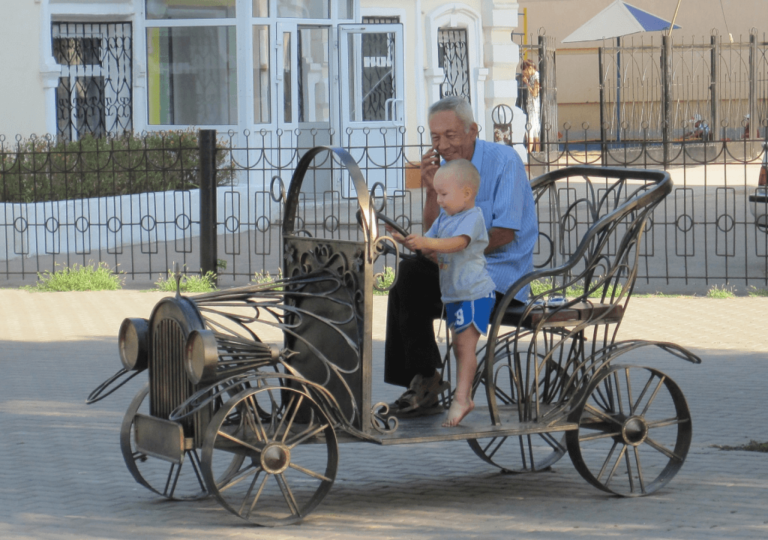
Kazakhstan's economy suffers as reliance on Russia deepens amid sanctions, leading to currency depreciation and rising inflation

Kazakhstan's economy suffers as reliance on Russia deepens amid sanctions, leading to currency depreciation and rising inflation
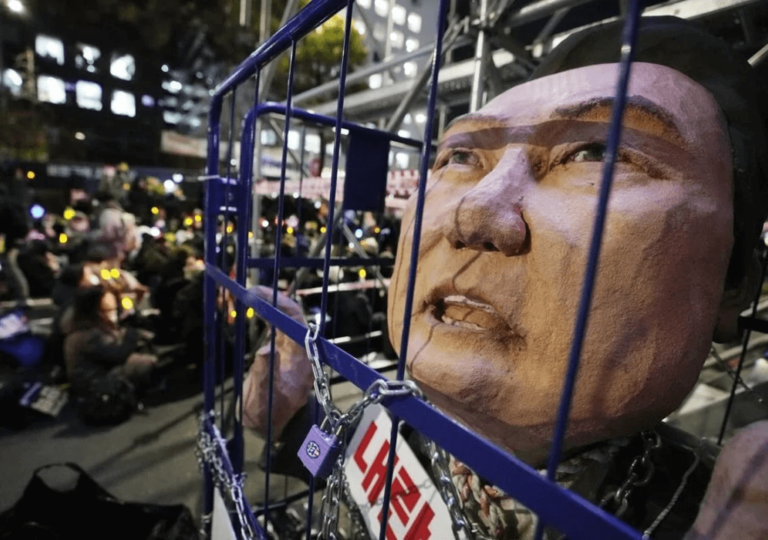
South Korea's National Assembly impeached President Yoon Suk Yeol after his controversial martial law declaration, marking a pivotal moment for democracy
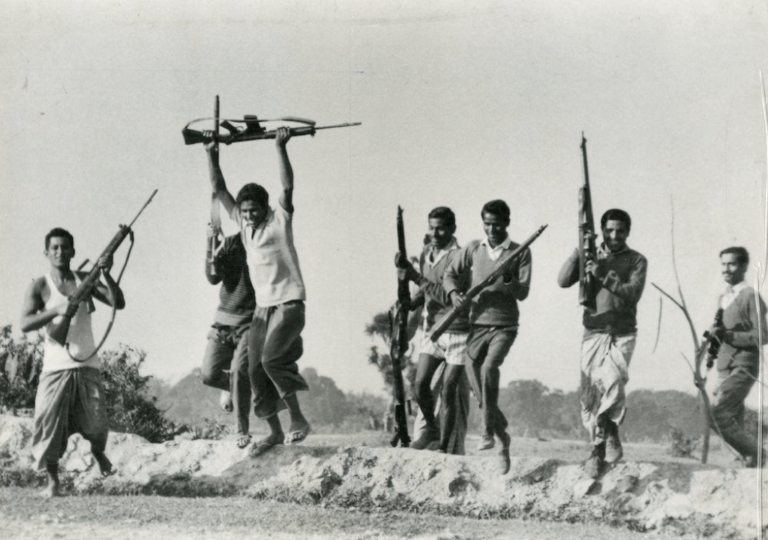
Bangladesh's independence marks a complex legacy, with rising anti-India sentiment and internal strife threatening its future
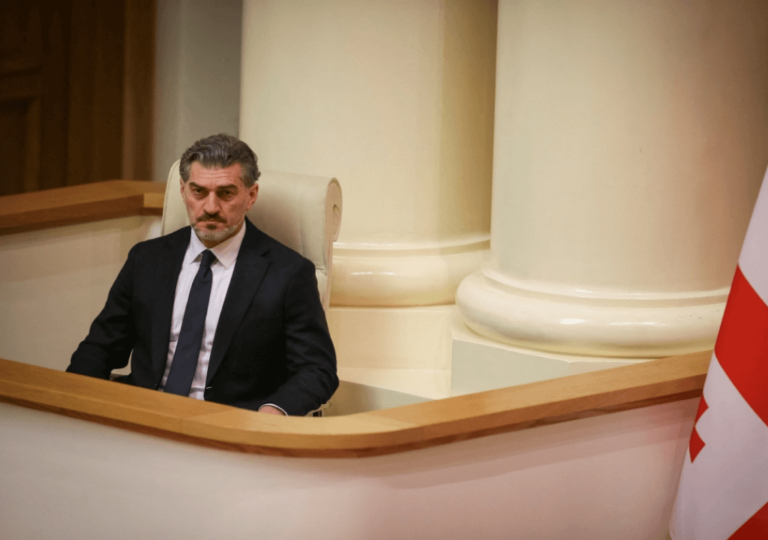
Georgia faces a political crisis as protests erupt against a pro-Russian government and its newly elected president
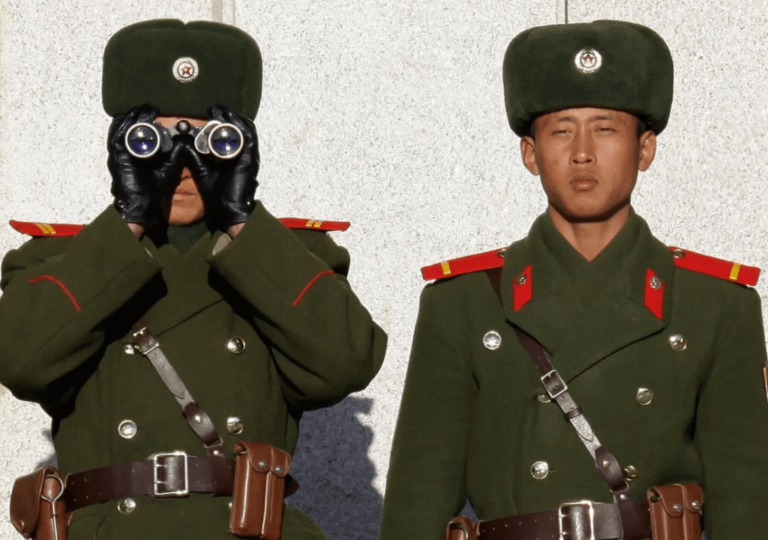
North Korea remains silent amid South Korea's political turmoil, marking a departure from its typical hostile stance
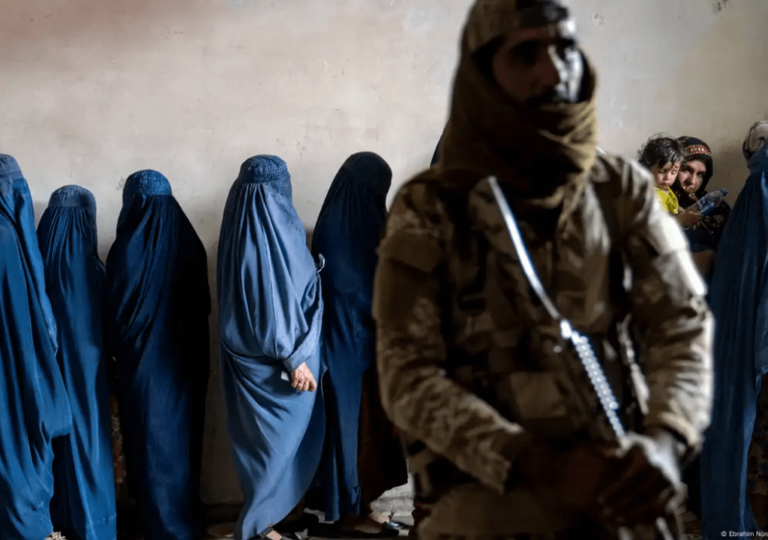
The ongoing conflict between the Taliban and ISIS-K raises questions about true Islamic governance in Afghanistan
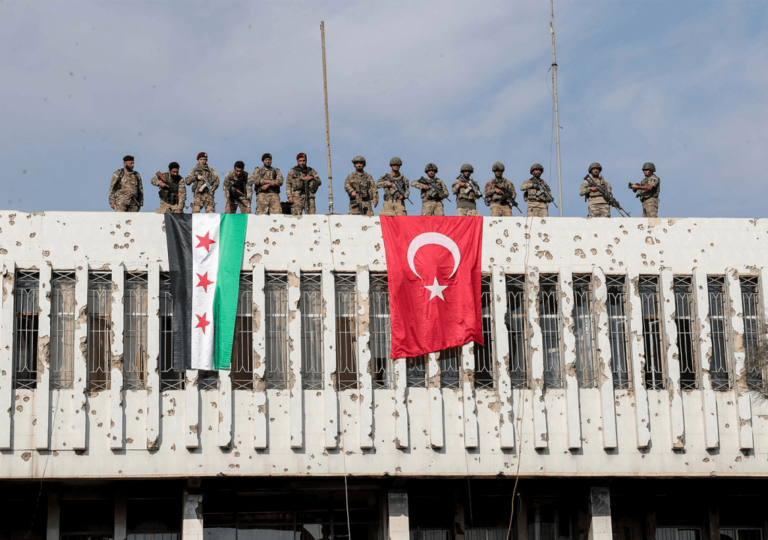
Turkey is reasserting its influence in Syria, targeting Kurdish forces amid a shifting power dynamic in the region
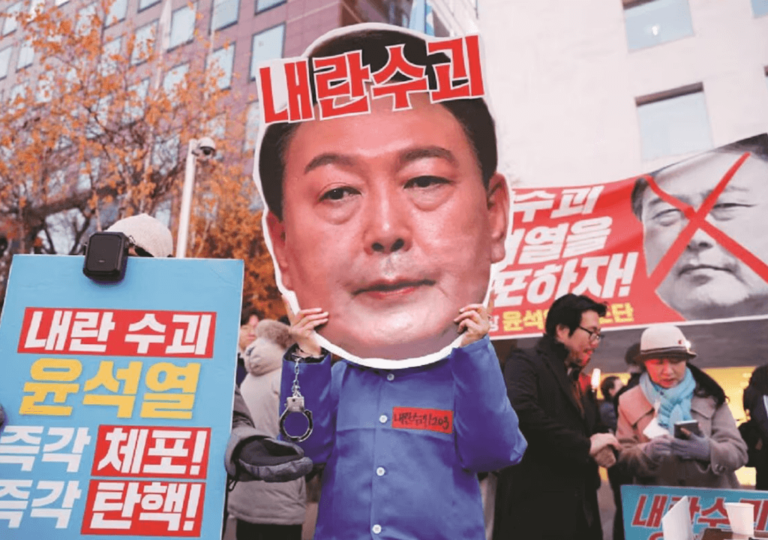
South Korea's cultural rise faces political turmoil, with protests against President Yoon escalating amid calls for his resignation
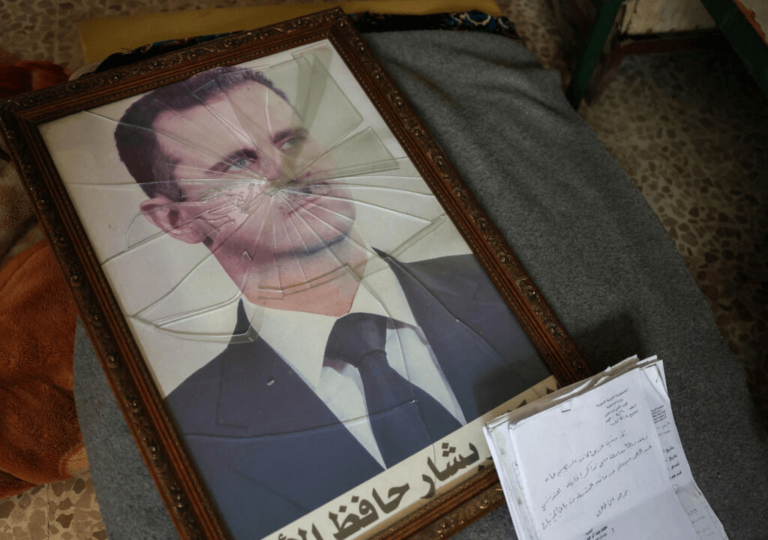
Rebels have seized Damascus, marking the end of Bashar al-Assad's regime after thirteen years of civil war
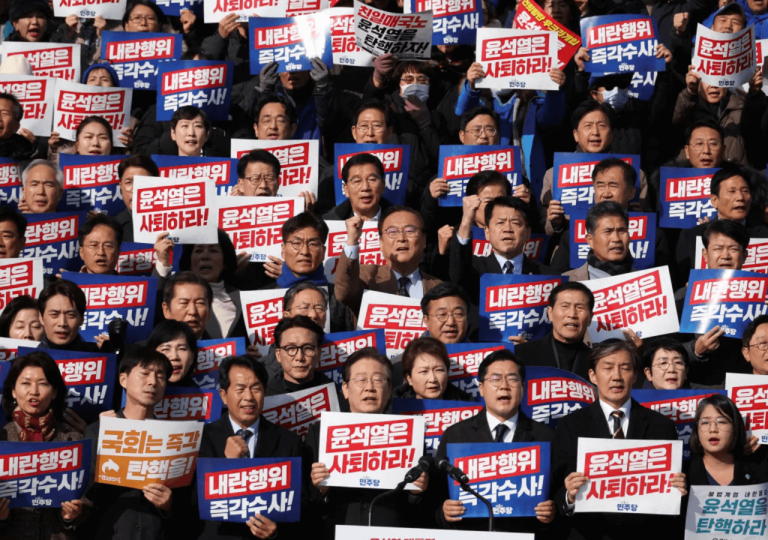
South Korea's political turmoil escalated as President Yoon declared martial law, triggering widespread protests and calls for his resignation